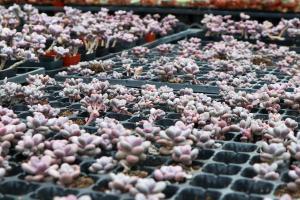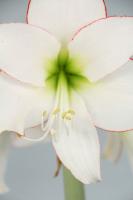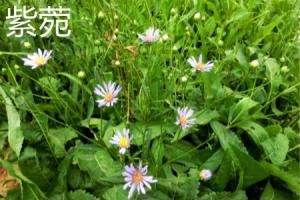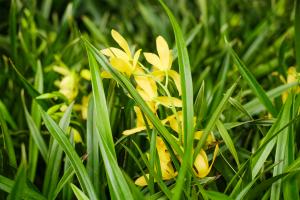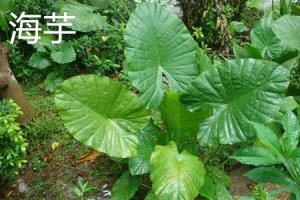Do You Water Dormant Plants in Winter?
Winter is a period of dormancy for many plants, particularly those in colder regions that experience frost or snowfall. During this time, the plants rest, conserve energy, and prepare for the following season. One question that often arises during this period is whether or not to water these dormant plants. In this article, we will explore this issue in more detail.
The Importance of Watering Dormant Plants
It is essential to water dormant plants because, although they are not actively growing, they are still alive and require hydration to survive. The key is to ensure that the amount of water is appropriate, as overwatering or underwatering can have harmful consequences. Overwatering can lead to root rot, which is dangerous for the plant's health, while underwatering can cause the plant to die from dehydration.
How to Water Dormant Plants in Winter
The watering requirements of dormant plants differ from those of active plants. Here's what you should do to water dormant plants during the winter:
Check the soil: Before watering, check the soil's moisture level. If it feels dry to the touch, it's time to water the plant.
Water sparingly: In general, the plant's water requirements will be lower during the winter, so watering sparingly is recommended. Aim to water deeply, but infrequently.
Avoid wetting the foliage: Water only the soil around the root ball, avoiding the leaves, which can promote the growth of mold and fungi.
Use room temperature water: Cold water can shock the plant's roots, leading to damage, so it's best to use room temperature water.
Consider the plant's species: Different plants have different water requirements, so it's essential to understand the plant you're dealing with and its needs.
What Happens if You Don't Water Dormant Plants
If you don't water dormant plants, they may become stressed and even die due to dehydration. When a plant is dehydrated, it loses water faster than it can replace it through its roots. This leads to wilting, yellowing leaves, and even death. In addition, when the water level is too low, the plant is more susceptible to disease and pest attacks, so it's best to ensure the plant is well hydrated.
Conclusion
Watering dormant plants is crucial for their survival, and it's important to understand how to do so effectively. By following the tips mentioned above, you can ensure your plants remain healthy and hydrated throughout the winter. Remember to check the moisture level of the soil, water sparingly, use room temperature water, and consider the plant's species. Happy watering!

 how many times do yo...
how many times do yo... how many planted tre...
how many planted tre... how many pine trees ...
how many pine trees ... how many pecan trees...
how many pecan trees... how many plants comp...
how many plants comp... how many plants can ...
how many plants can ... how many plants and ...
how many plants and ... how many pepper plan...
how many pepper plan...